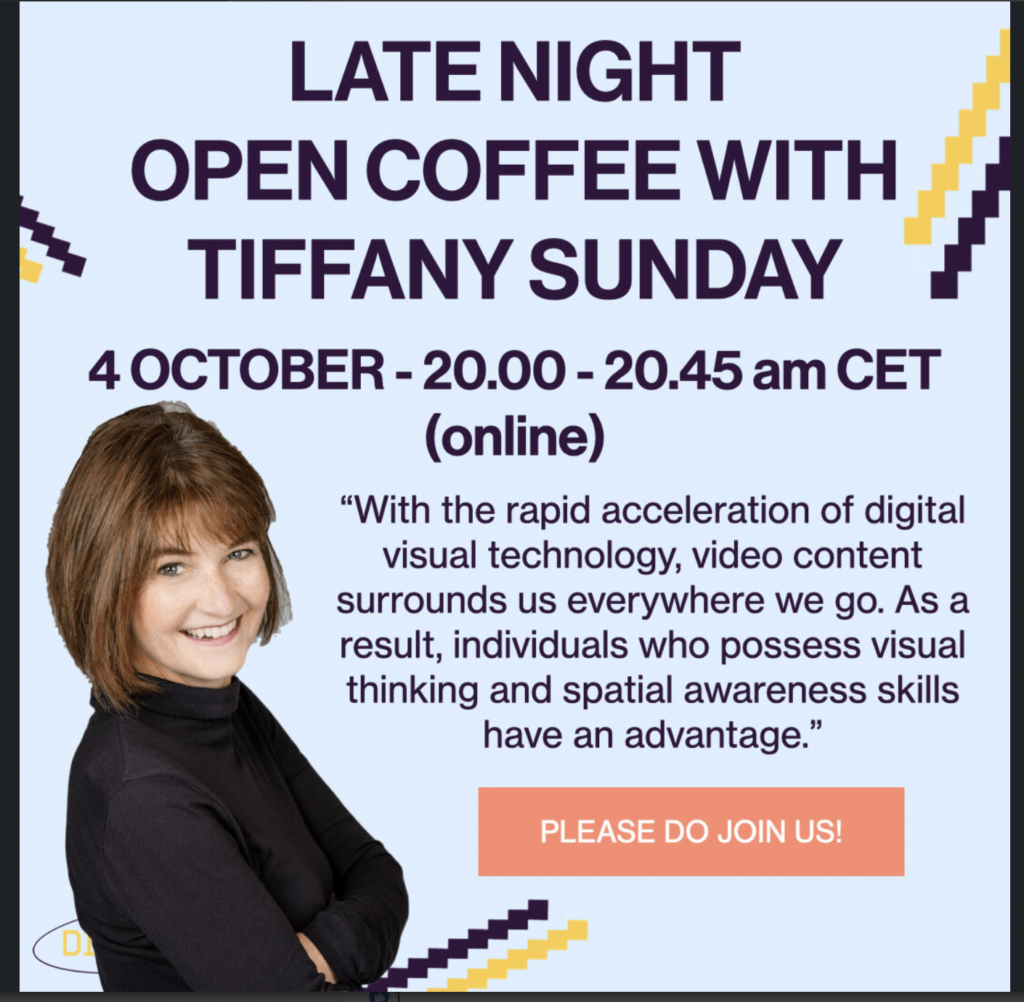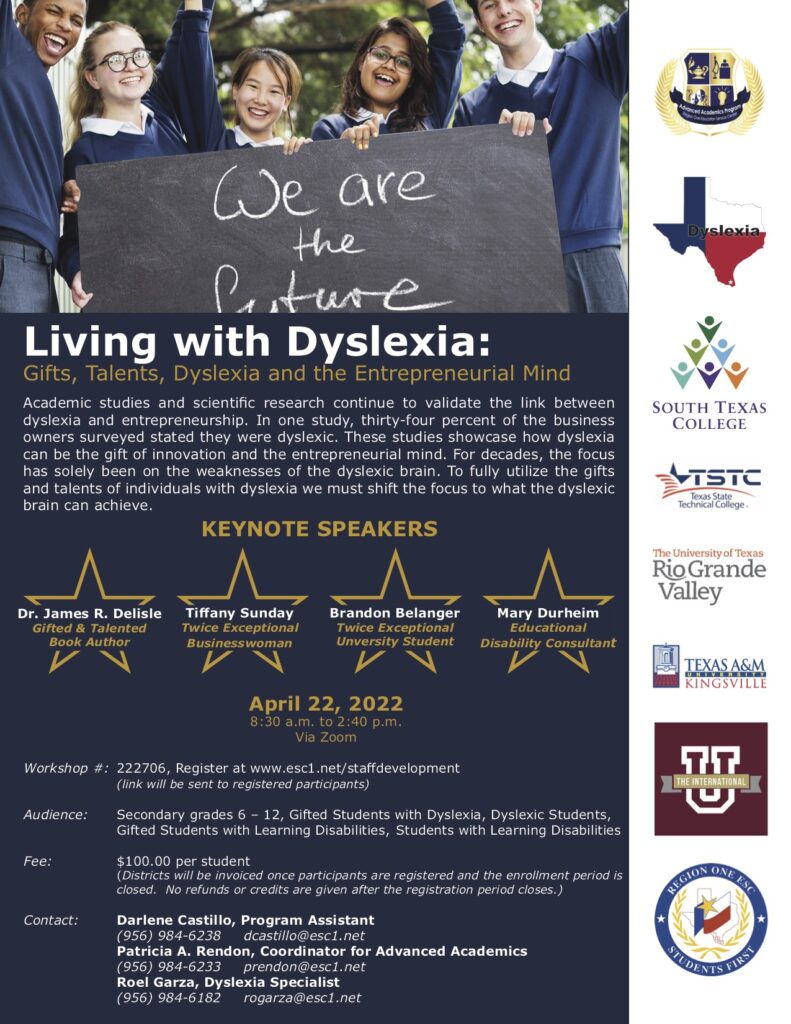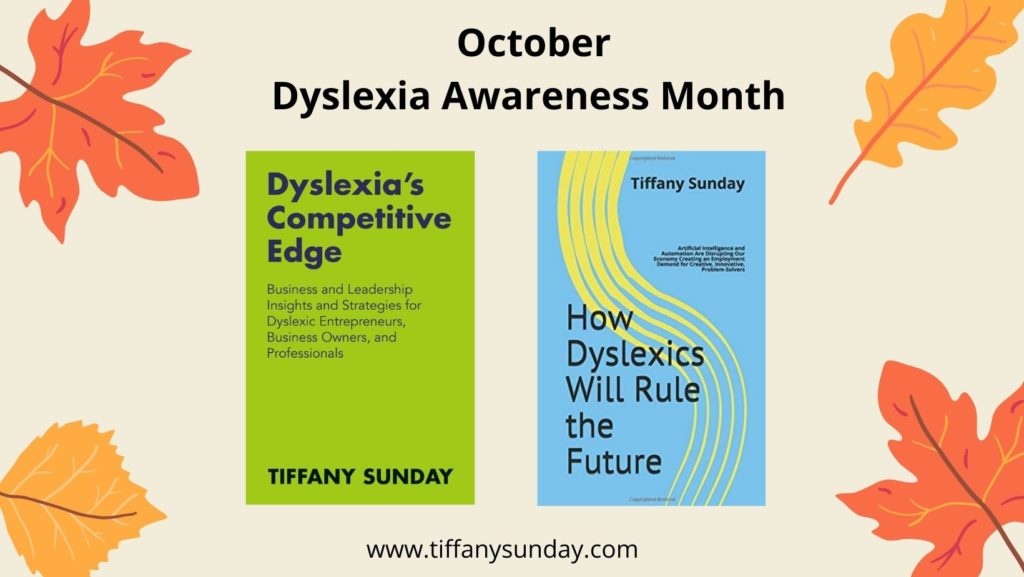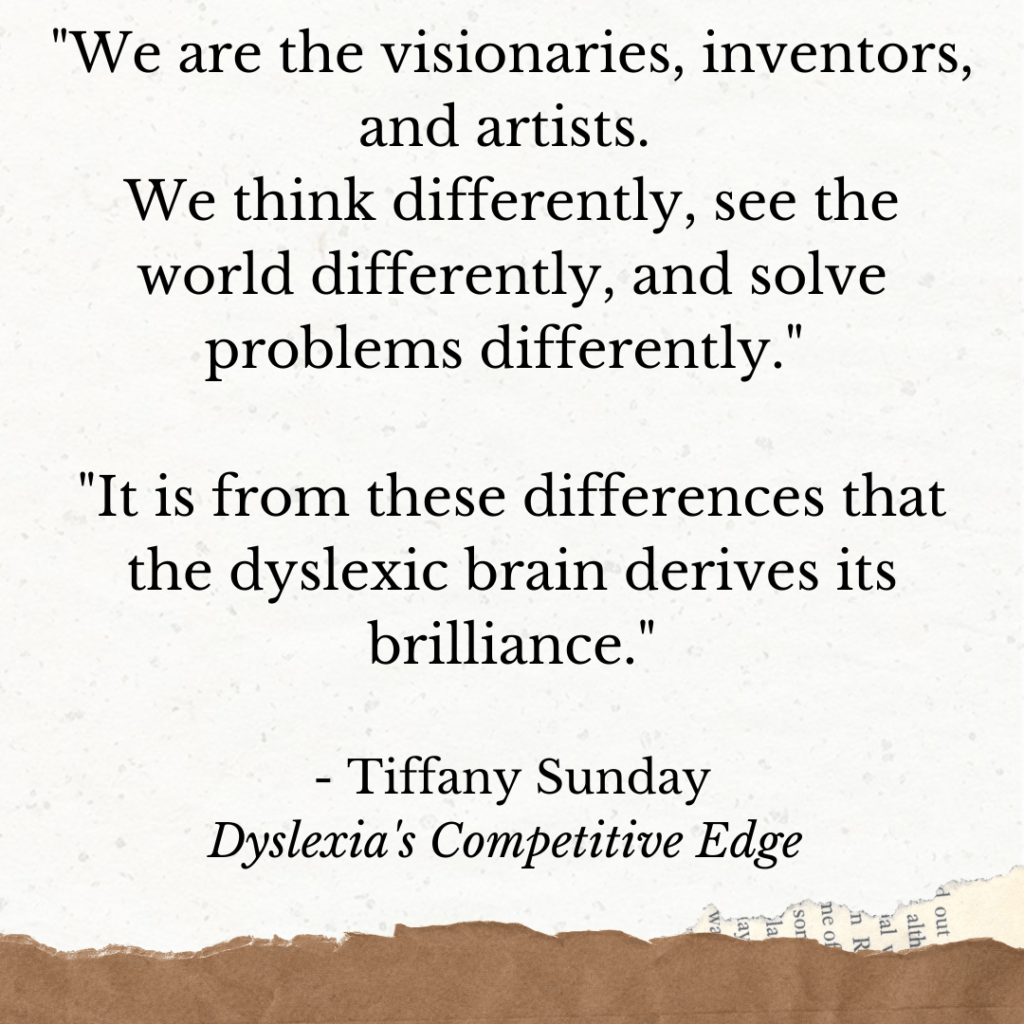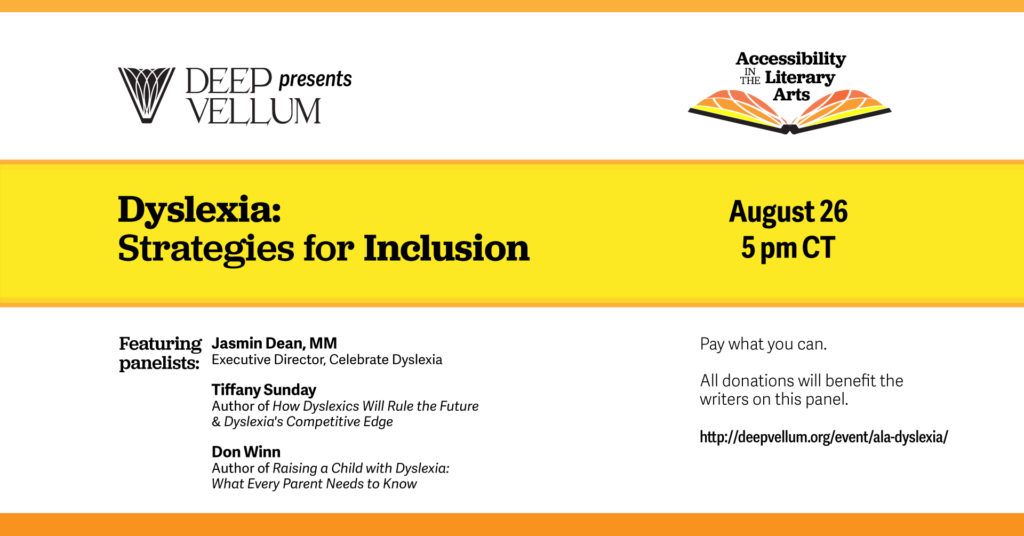Open Coffee is a free, informal, one-hour community gathering for individuals with dyslexia or anyone interested in the topic. The event is hosted by Dyslexic Distributors, founded by Marnix Langstraat, and based in Amsterdam.
Tiffany and Marnix will discuss her internationally recognized books: Dyslexia’s Competitive Edge and How Dyslexics Will Rule the Future. Plus, how she utilizes her creativity fueled by her dyslexic brain to write flash fiction, poetry, and short stories.
Event Details
Tuesday, October 4, 2022 at 20:00 pm CET (Central Europe Time) or 1:00 pm CST in the U.S.
Event Link:
